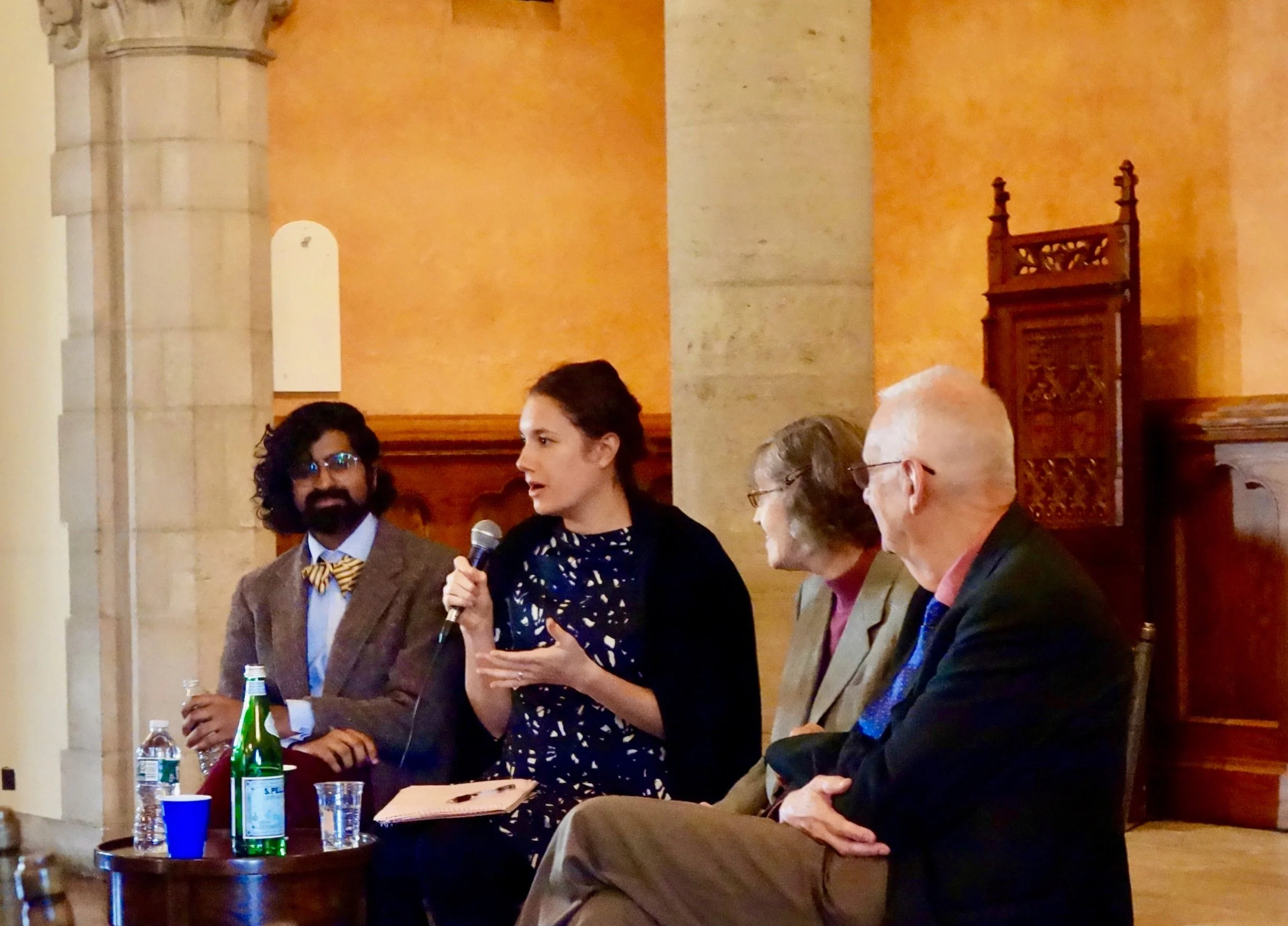Russian cultural history can be described as the conflict between the radical intellectuals, who imagined they had the ideological key to life and society, and the great writers, who viewed the world as far too complex for any single solution. It was the confrontation of certainty with wonder. The radical intelligentsia seized control in 1917, and from that time on, the great writers faced a totalitarian regime. The very extremity of their situation allowed them to address life’s ultimate questions—already the concern of the pre-revolutionary writers—in a new, illuminating way.
On Thursday, September 11, at 6 p.m. Morningside and the Galileo Center at the Columbia Law School welcomed Gary Saul Morson (Northwestern) for a lecture on that dialogue of wonder and drawing a few lessons for intellectuals today.







